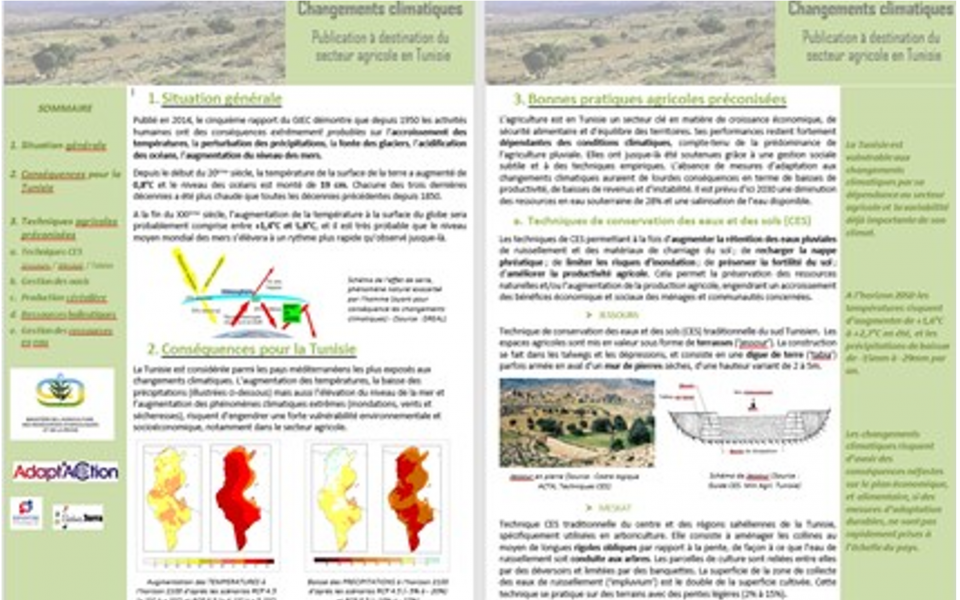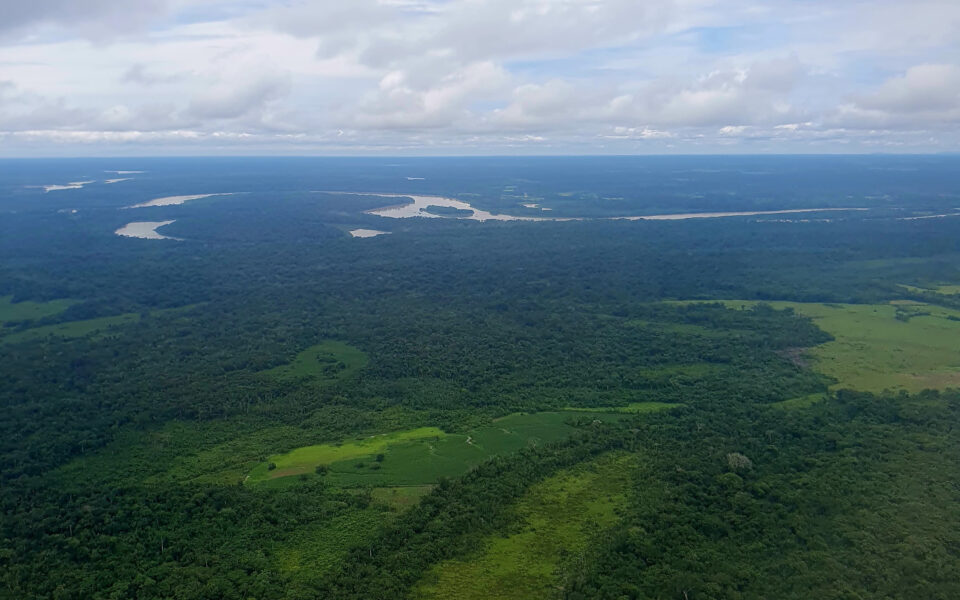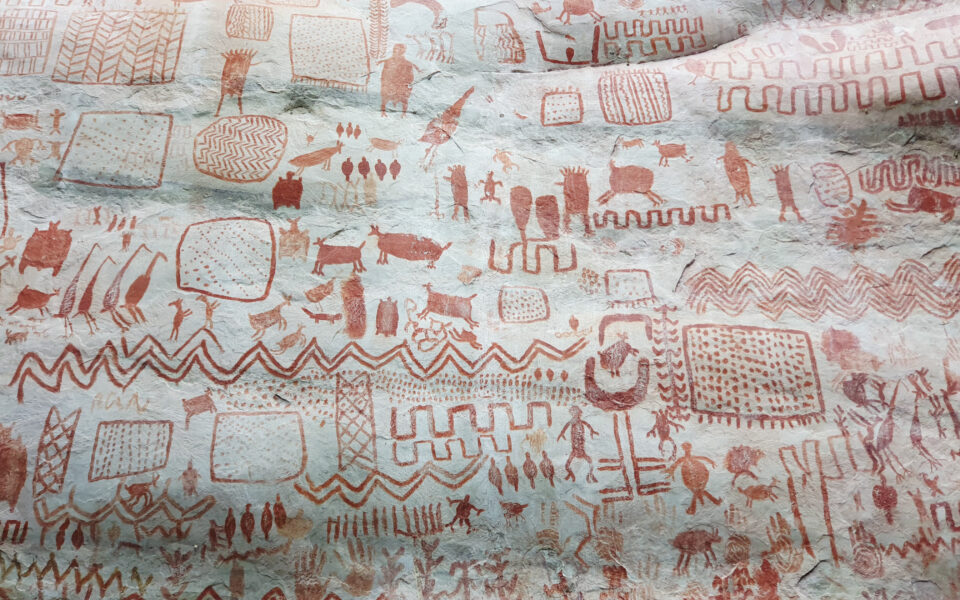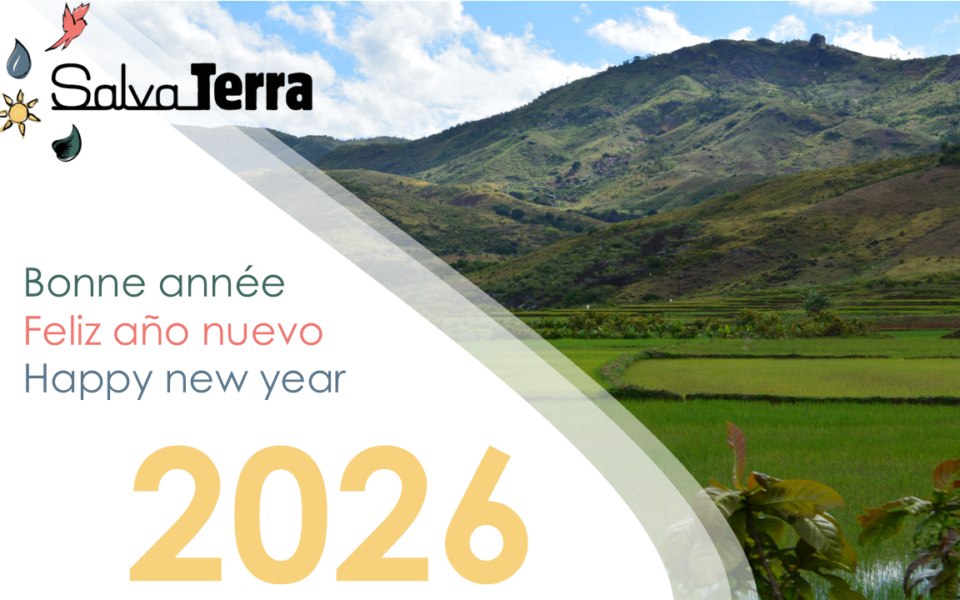News

23 October 2020
Strengthening Tunisia’s climate change governance institutional framework
As part of the Adapt’Action Facility launched in May 2017 by the French Development Agency (AFD), Expertise France is in charge of Axis 1 to support the implementation of local “climate” governance. SalvaTerra was recruited for specific support to the MARHP of Tunisia.
The MARHP of Tunisia wished to integrate climate issues into all the orientations and interventions supported by the Ministry. The Climate Change Management and Coordination Committee (GC3C) was created to fulfill this objective.
SalvaTerra supported the Ministry on four areas of work:
1 – Strengthening the governance mechanism of the GC3C based on an in-depth and participatory institutional analysis;
2 – Support to the decentralization process by setting up a Regional Coordination Unit (RCU) CC in a pilot Governorate before multiplication throughout the country;
3 – Improvement of the skills of the members of the CG3C and the future referents of the 24 RCUs through the development and animation of five training courses (Institutional integration system; National Adaptation Plan; International negotiations; Monitoring and Evaluation Mechanism; Climate Finance);
4 – development of communication tools on the integration of CC in the agricultural sector, available in Arabic and French for farmers, agricultural technicians, Ministry and RCU agents.
A lire aussi...

10 Nov. 2025
Freiner la déforestation sur les fronts pionniers amazoniens
Dans le cadre de l’Évaluation au champ large (ECL) des interventions du Groupe AFD et du FFEM dans le biome amazonien, SalvaTerra et TERO ont rédigé pour l’Agence française de développement un nouveau numéro de la collection Questions de développement (QDD n°97 – octobre 2025), intitulé « Quels leviers pour freiner la déforestation sur les fronts pionniers en Amazonie ? ».

21 Oct. 2025
Évaluer 17 ans d’action française pour les forêts amazoniennes
Menée par le consortium SalvaTerra–TERO, l’Évaluation au champ large (ECL) analyse près de deux décennies d’interventions du Groupe AFD et du FFEM en faveur des forêts du biome amazonien, à travers 37 projets mis en œuvre dans huit pays. L’étude dresse un bilan inédit des approches françaises en matière de conservation, de bioéconomie et de gouvernance autochtone, et identifie les leviers pour renforcer leur impact à l’horizon 2030
